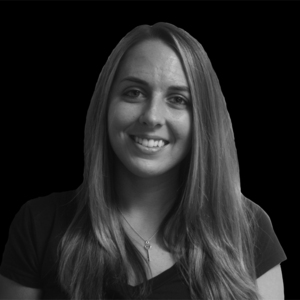Young, female voters have potential to affect election outcomes
Tuesday is Election Day, and there’s been a lot of speculation about our generation and the lack of inspiration to politically mobilize in 2012.
The Pew Research Center found that young people are far less engaged than they were four years ago, with 63 percent of young registered voters saying they definitely plan to vote this year, down from 72 percent in 2008.
There are also fewer young people registered to vote in the first place, with only half of adults under 30 registered in 2012 compared to 61 percent in 2008.
This lack of enthusiasm is understandable: Student debt is at an all-time high, we’re still involved in Middle East wars that have been going on since some of us were approaching puberty and the job market waiting for us post graduation is nothing short of dismal.
But I’m here to tell you something you already know: Your vote counts tomorrow. So let’s prove the haters wrong.
Women voters on college campuses can specifically make all the difference. The gender gap in anticipated voter turnout could potentially affect the outcome of the election, especially in swing states like Ohio, Florida and Virginia, The New York Times reported on Oct. 21.
“If only women voted, President Obama would be on track for a landslide re-election, equaling or exceeding his margin of victory over John McCain in 2008,” the article reads.
Young voters — especially young female voters — showing up to the polls will help ensure the reshaping of the future narrative of the United States and shift toward a more equal and just world.
If students haven’t found an adequate reason to feel socially and politically enraged enough to get involved in the voting process, this simple fact should be that tipping point.
Constituents aren’t just voting for the next President and vice president — electing public officials into the House, Senate and local politics plays a crucial role in what goes on in our country’s legislation.
Depending on your home state, there are some incredibly important issues on the ballot. Same-sex marriage is up for grabs in Maine, Washington, Maryland and Minnesota. Voters have the potential to increase the number of states that allow gay marriage from six to 10 all in a day’s work.
It’s easy to feel disheartened, but an effective way to create political change in a democratic society is to vote politicians into office who best represent the kind of future you’d like to see.
Voting for the next president of the United States won’t single-handedly change the world: Revolutions and serious social change don’t ever come from public elections. But with the right people in office, we’re a step closer to moving in the right direction and progressing toward equality. It’s important to be aware of how you affect the election as a potential voter and get out to the polls tomorrow like your rights depend on it, because they do.
Krystie Yandoli is a senior women’s and gender studies and English and textual studies major. She can be reached at [email protected] or followed on Twitter at @KrystieLYandoli.
Published on November 5, 2012 at 1:00 am





